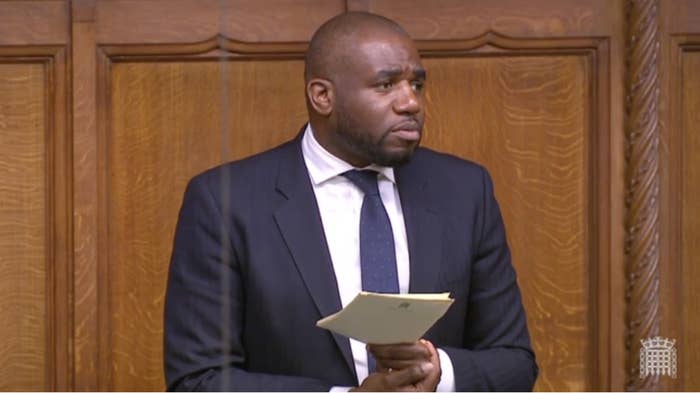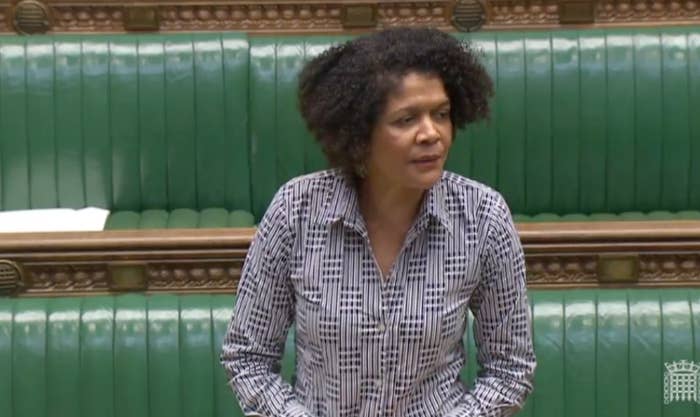
The BBC needs to promote more non-white employees to top positions to ensure programmes reflect Britain's diversity, a senior MP has said.
David Lammy, a former culture minister, attacked the corporation on Thursday for hiring the "same old faces from the same old schools to the same old jobs".
Leading a House of Commons debate on BBC diversity, the Tottenham MP said the lack of black, Asian, and minority ethnic (BAME) people in executive roles created a "dangerous vicious circle".
He warned: "If those decision-makers aren't diverse, content and programming will lack fresh narratives, fresh insight, and it won't speak to minority communities. When those at the top are all the same, hiring people in their own image, the circle simply stays closed."
Lammy also criticised the number of "white patrician men" fronting current affairs shows, including Andrew Neil, John Humphrys, David Dimbleby, and Andrew Marr.
"What does it communicate about our country?" he said. "That there can't be a voice that's not a southern voice? That there can't be a woman? That there can't be someone who is diverse?
"These are the arbiters of our current affairs in this country. We have to be brave, to hold our public broadcaster to account and not just appoint the same old faces from the same old schools to the same old jobs."
He added: "A lot of this comes back to senior management and the systemic change that really matters."

Lammy said the BBC had run 29 initiatives aimed at black and ethnic minority people between 1999 and 2014 – but the situation was "still not really improving".
He said that just 13.1% of the BBC's workforce was BAME in 2015. Just 9.2% of the BBC's senior leadership was BAME and in news this dropped to 5.8%, he added.
"My questions to the BBC are simple," he said. "What will it take to see a black channel controller? What have we got to do to see a black commissioner?"
Shadow culture minister Chi Onwurah told MPs how her sister, a director, had been mistaken for a cleaner on her first day at the BBC.
"Both my brother and sister worked for the BBC as filmmakers and their experience has informed my views, not always positively," she said.
"On my sister's first day as director at the BBC, she was shown automatically to the cleaning room to join the cleaning team, which was not her expectation in being recruited to direct a series for the BBC."
In a blog post on Thursday, BBC head of diversity Tunde Ogungbesan said he recognised there was more to do.
"We all want to get the same result: a BBC where all our audiences can see their lives authentically portrayed in our programmes, where our shows are made by a broad range of people, and where your background – whatever it is – is no barrier to a successful career here," he said.
He pointed to the "senior leadership development programme" and the "diversity creative talent fund" as examples of ongoing work to boost diversity. And he said a new "diversity strategy" was being launched later this month.
